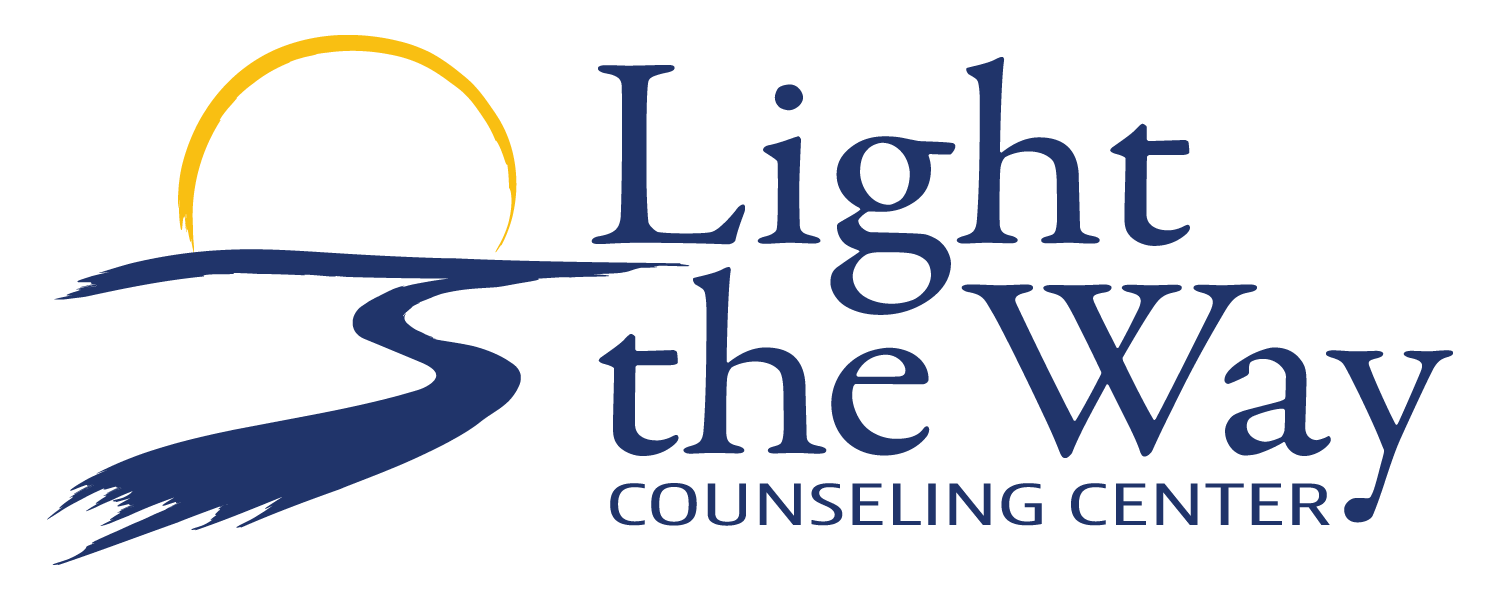We Find Common Ground in Our Differences
Every day we encounter people from various backgrounds. A few, though, have a positive impact on our lives. When someone does impact our lives, we grow.
One of my co-workers has positively impacted my life for the past 8 years. Our backgrounds are different, yet we have many areas in common.
What I have learned over these past 8 years can help relationships we may encounter in our neighborhoods, work, places of worship, or wherever we are. I want to share them with you.
Look for common ground with others.
As we spend time with others, we begin to see areas we have in common.
My co-worker and I share a bond because of our faith. Even with different spiritual journeys and different churches, we knew our faith in Jesus Christ was common ground.
Our common interest in therapy, helping others above and beyond what is expected, helps us build bridges.
We share an interest in sports. I might not play as much now, but we understand how sports and exercise are essential to our health and well-being.
Listen, be curious, and seek to understand another’s life experiences.
My co-worker and I grew up in different towns and environments in different decades. Our school experiences were different. He went to a private school, and I went to a public school. We shared perspectives and stories to help us understand what each experienced.
Since I didn’t grow up the way he did, I wanted to hear how he handled situations, what he thought, and how he felt. I was curious about his perspectives on life.
We are far apart in age. Yes, I’m old enough to be his mother! By listening and understanding, we can bridge the age gap.
Each generation has its way of handling conflicts. It is helpful hearing our he and his age handles disputes. My understanding of how to approach a problem with people of different ages improved by working with
Take time to build relationships and connect.
My co-worker and I had terrific talks between seeing clients on Saturdays. We would brainstorm ideas and share goals. It might have been 10 minutes here or there, but we took time to build a relationship. I saw him grow from a 24-year-old graduate student to a 32-year-old married man, father of two beautiful children, and a homeowner. We celebrated each milestone, including his wife working hard and receiving her Ph.D.
When we went to virtual sessions, many of us lost connections with others. We isolated ourselves more and spent less time with others. We grew more intolerant and selfish, but significantly, we grew lonelier. We do need people and connections.
Diversity makes us stronger.
Diversity isn’t about what we see on the outside. The diversity that helps us grow is the diversity of thought. If we all thought the same, most of us would not need to exist. Our experiences and perspectives help make us unique.
Differences don’t create problems. By understanding our differences, we can be stronger and wiser. We actively think about how to connect.
We don’t take on other people’s issues.
My co-worker faced judgments and prejudice from others—more than he told me. His attitude when it occurred and, as he said, the story stood out. He would not get angry or retaliate. He knew it was their problem, not his. He would not have other people’s issues hurt his life, goals, and dreams.
We do not have to carry, absorb or take on other people’s issues or problems. Doing this gives us freedom, lessens the weight on our shoulders, and improves our well-being.
Let’s get back to seeking connection with others, listening, and building healthy relationships. Go outside and talk to your neighbors. If you work remotely, ask a co-worker to lunch and get to know them. Seek out people, especially those different from you, and get to know them. As we get to know different people, our fears disappear. Our well-being and emotional health improve. You will be surprised how much we have in common with one another.
Written by: Cindy Picht, LPC, CEO
About Cindy:
Cindy is director and co-founder of Light the Way Counseling. She is a Certified Clinical Trauma Professional and a Certified Clinical Anxiety Treatment Professional. She combines her skills with compassion and encouragement to help people find hope and healing.


